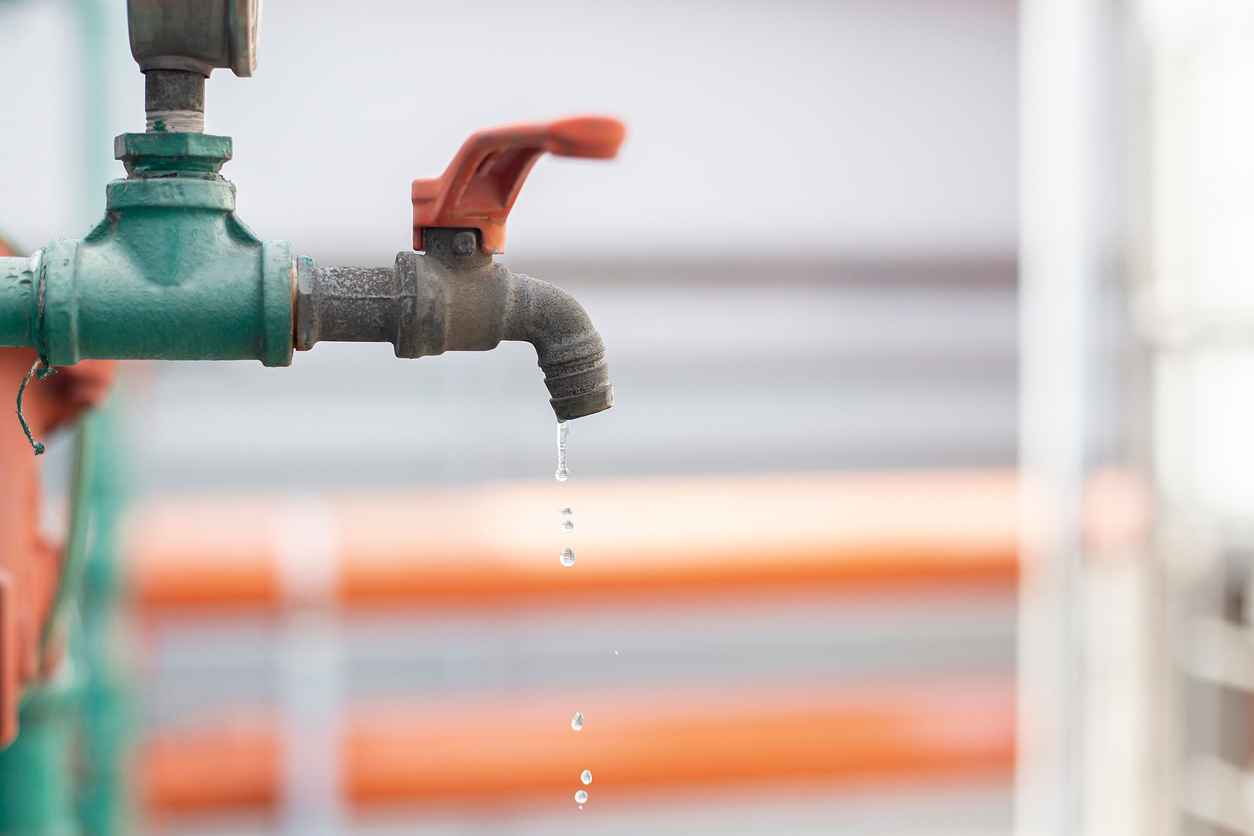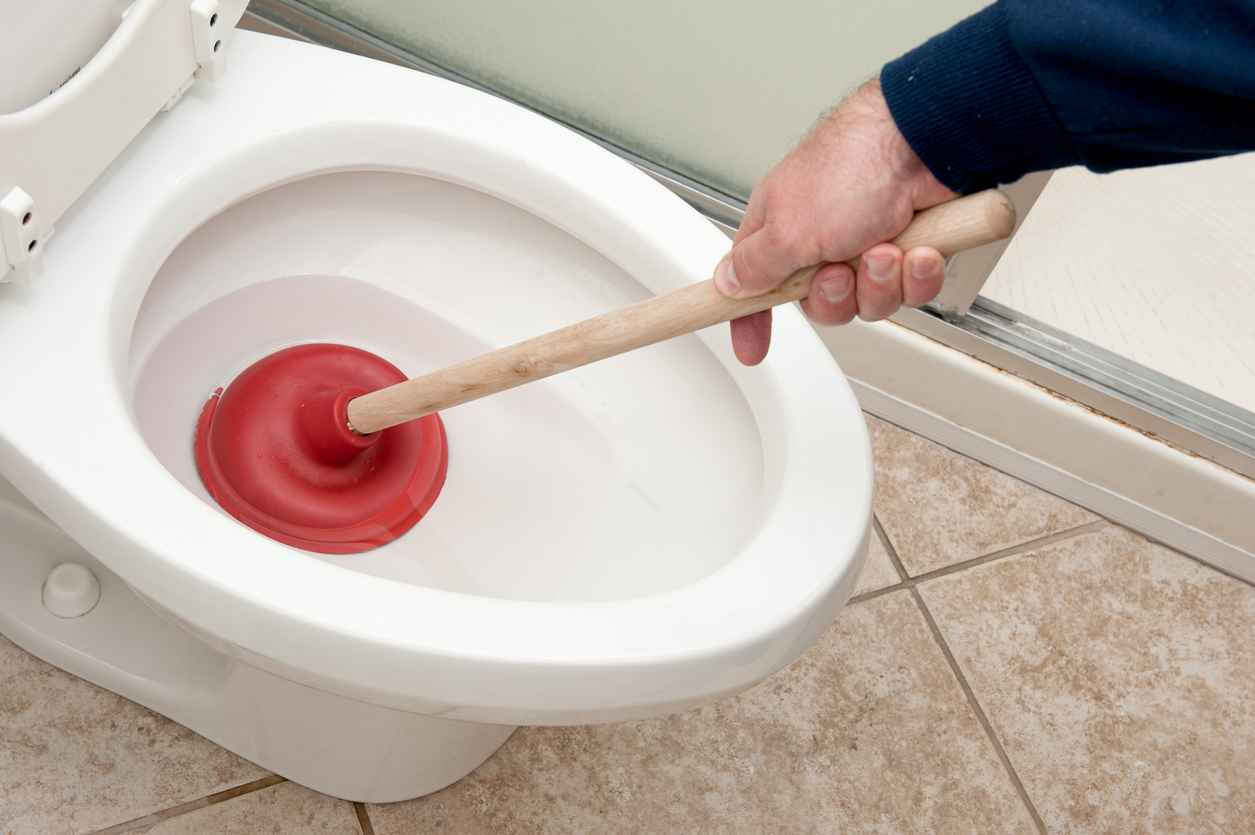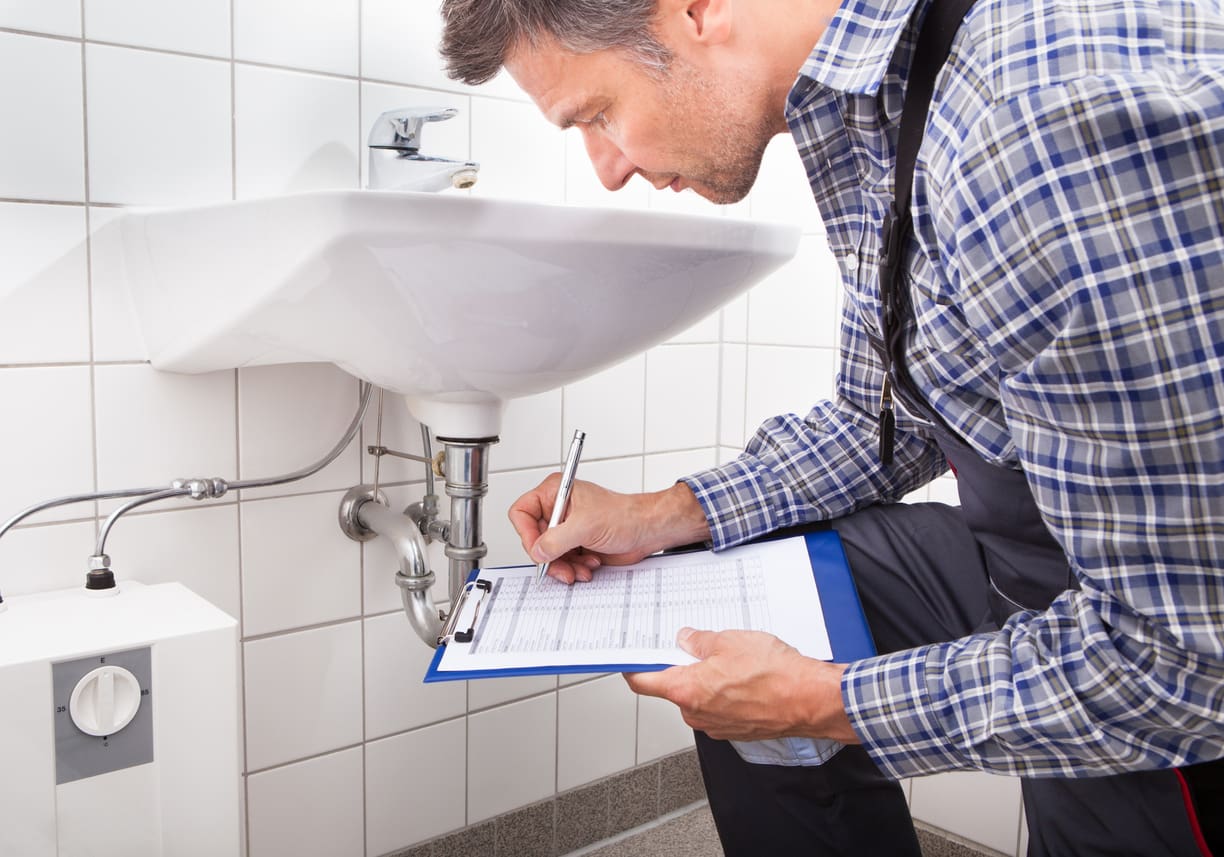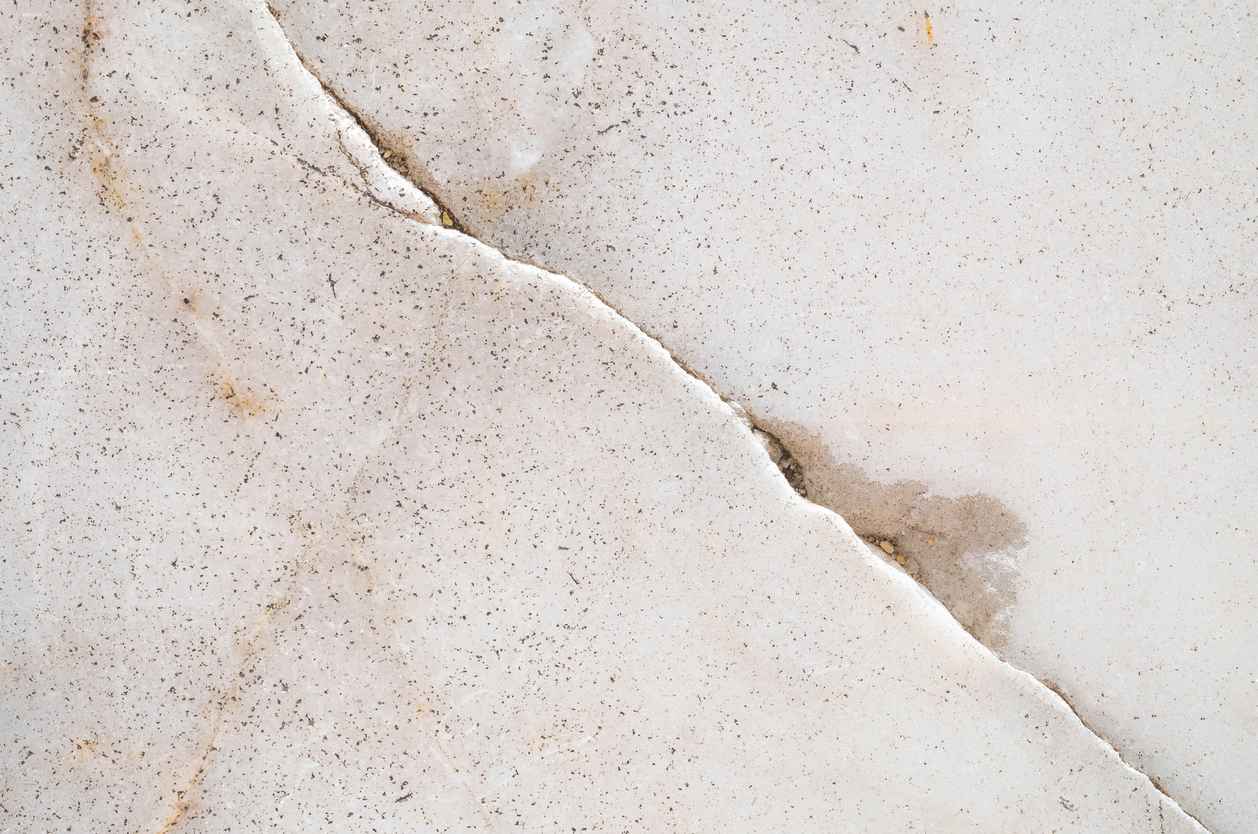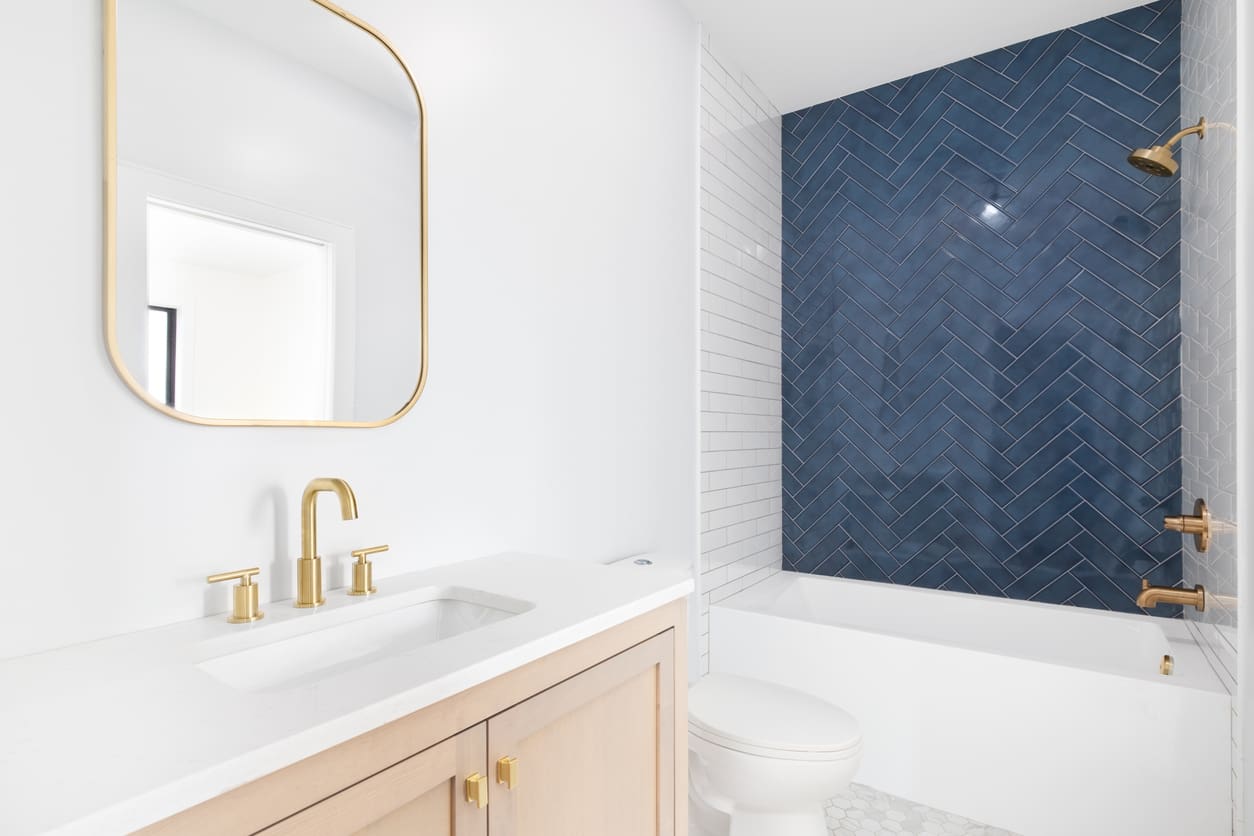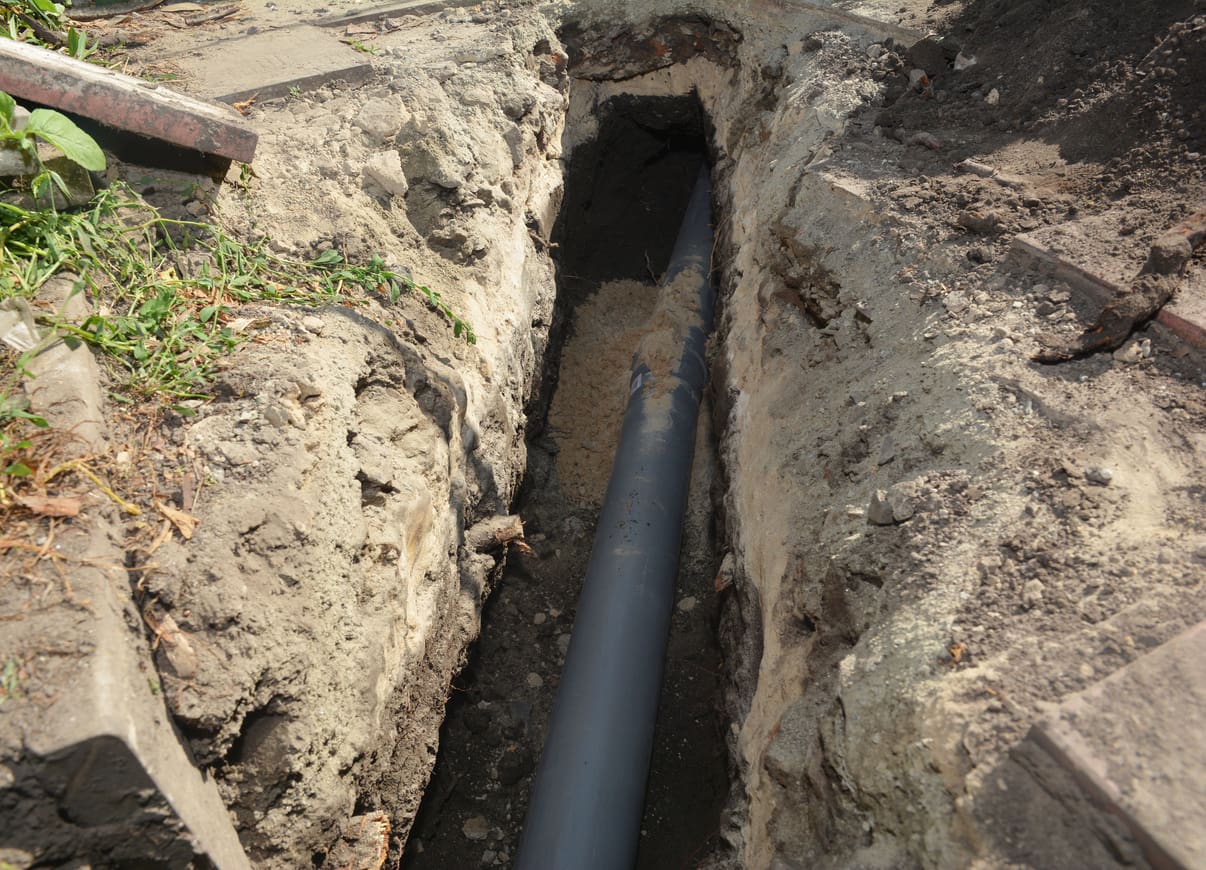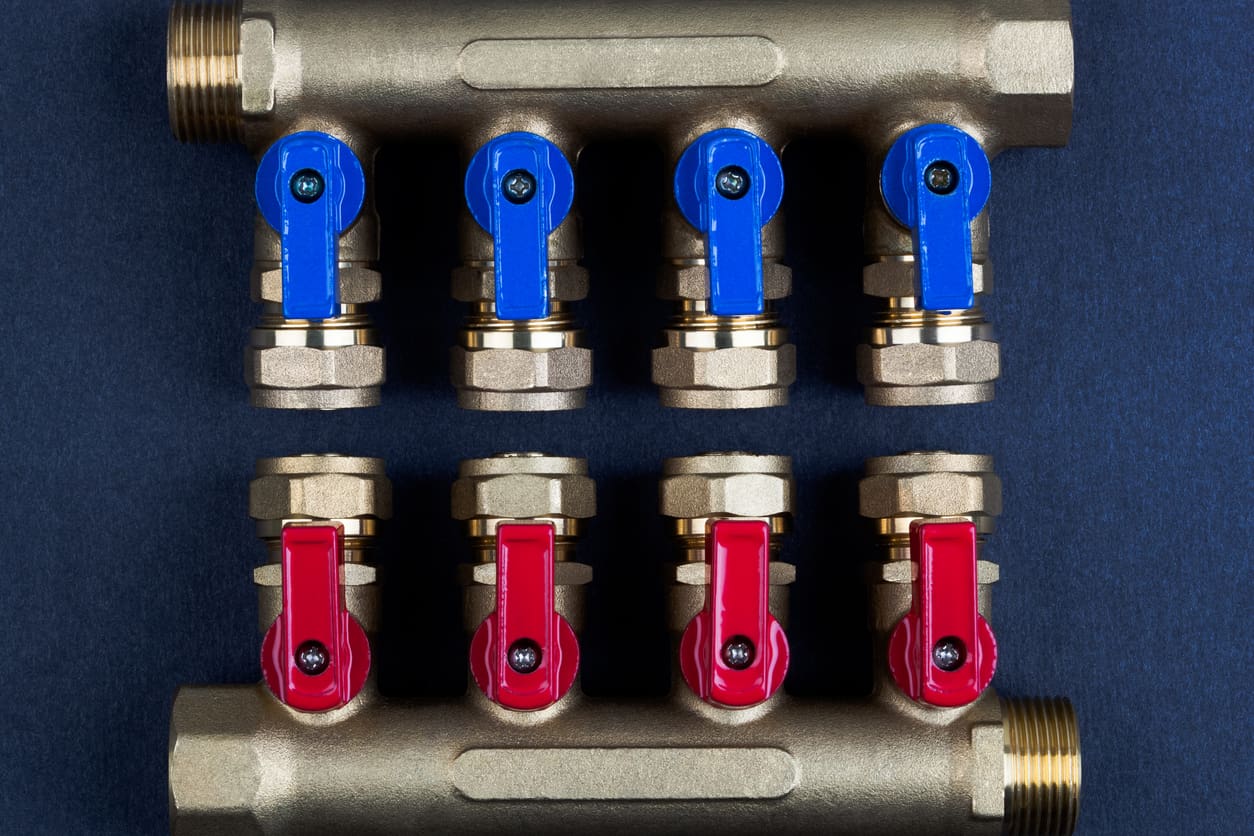absolute plumbing Inc.
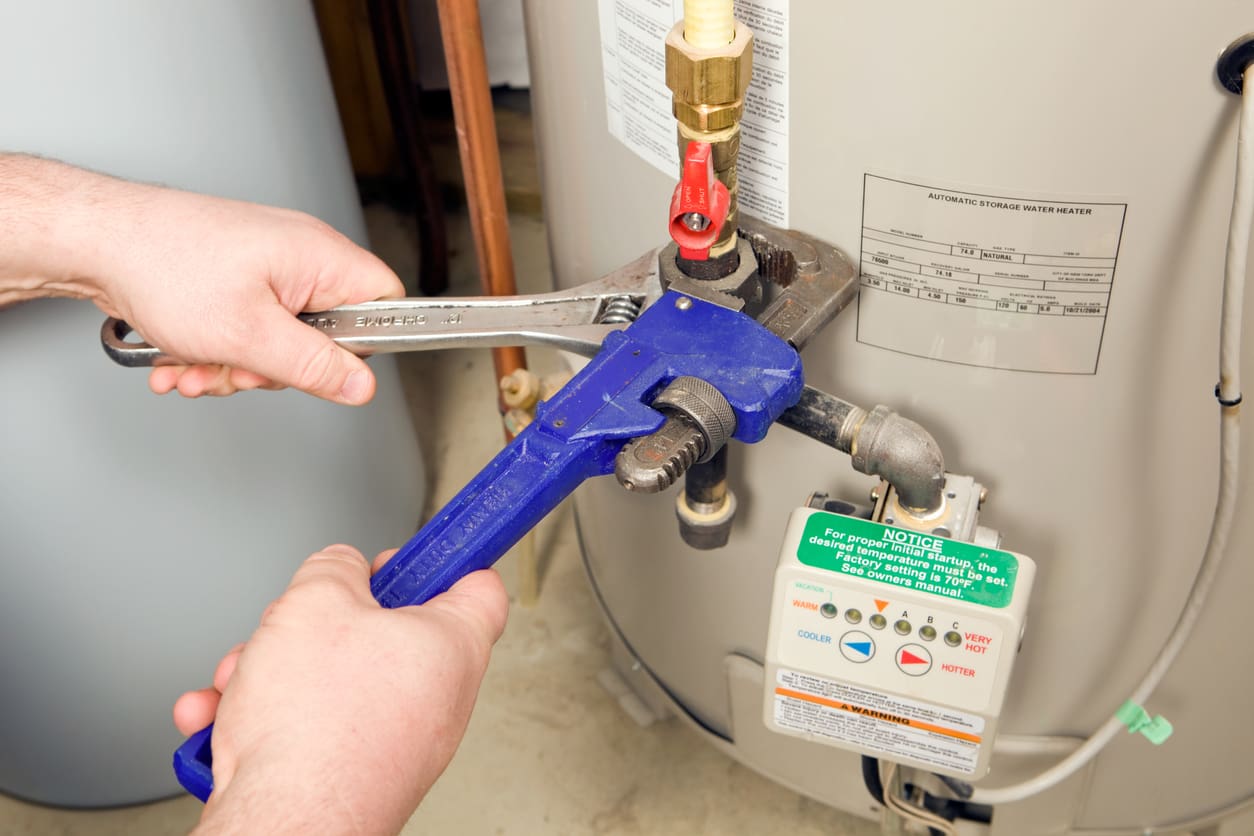
The Pros and Cons of Different Types of Water Heaters
Choosing the right water heater is a critical decision for any homeowner, affecting not only comfort and convenience but also long-term energy costs. With options ranging from traditional tank models to innovative solar-powered systems, understanding the benefits and limitations of each is essential. Absolute Plumbing provides a detailed overview of the main types of water heaters to assist in making an informed selection.
Traditional Tank Water Heaters
Traditional tank water heaters are widely used due to their lower initial cost and straightforward installation process. They come in various sizes to accommodate different household needs, ensuring a reliable hot water supply. However, these units can lead to higher operational costs over time because they continuously heat and reheat water to maintain a set temperature. Their bulky size may also require significant space, and they have a finite amount of hot water, which can be depleted during periods of heavy use.
Tankless Water Heaters (On-Demand)
Tankless, or on-demand, water heaters offer a more energy-efficient solution by heating water only when it is needed, potentially lowering utility bills. Their compact design frees up space, and they provide an endless supply of hot water, making them ideal for families. The downside includes a higher upfront cost and possible additional expenses for electrical or gas system upgrades to accommodate the unit. Moreover, their flow rate might limit the ability to use hot water for multiple tasks simultaneously.
Heat Pump Water Heaters (Hybrid)
Heat pump water heaters, also known as hybrid models, stand out for their efficiency, using heat from the air or ground to warm water. This process significantly cuts energy usage compared to traditional electric heaters. While they work well in a variety of climates and may qualify for rebates and incentives, their higher initial cost, size, and installation requirements could be prohibitive. These systems need a consistent ambient temperature to operate efficiently, and their larger size demands careful placement.
Solar Water Heaters
Solar water heaters harness renewable energy from the sun, offering substantial reductions in energy costs and environmental impact. Despite their high installation costs and dependence on sunlight, these systems can provide significant long-term savings and are often eligible for tax credits. Solar heaters may require a backup system for overcast days or periods of high demand, and their complexity means installation and maintenance might be more challenging compared to other water heater types.
Conclusion: Finding the Ideal Water Heater for Your Home
Determining the best water heater for your home involves balancing factors such as initial investment, energy efficiency, space requirements, and hot water needs. By carefully considering the pros and cons of each water heater type, homeowners can select a system that offers the best mix of convenience, cost savings, and environmental benefits. Absolute Plumbing is dedicated to helping you navigate this decision, ensuring you choose a water heating solution that aligns with your lifestyle and budget, ultimately enhancing the comfort and efficiency of your home.

